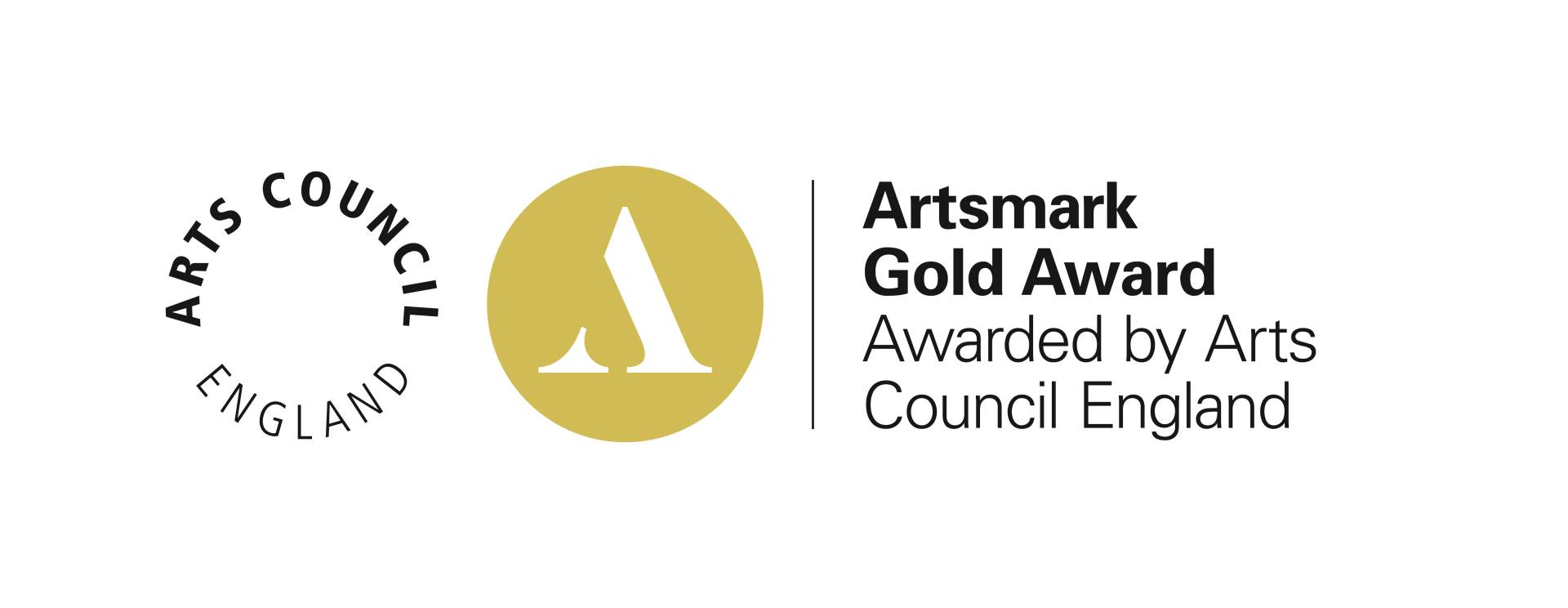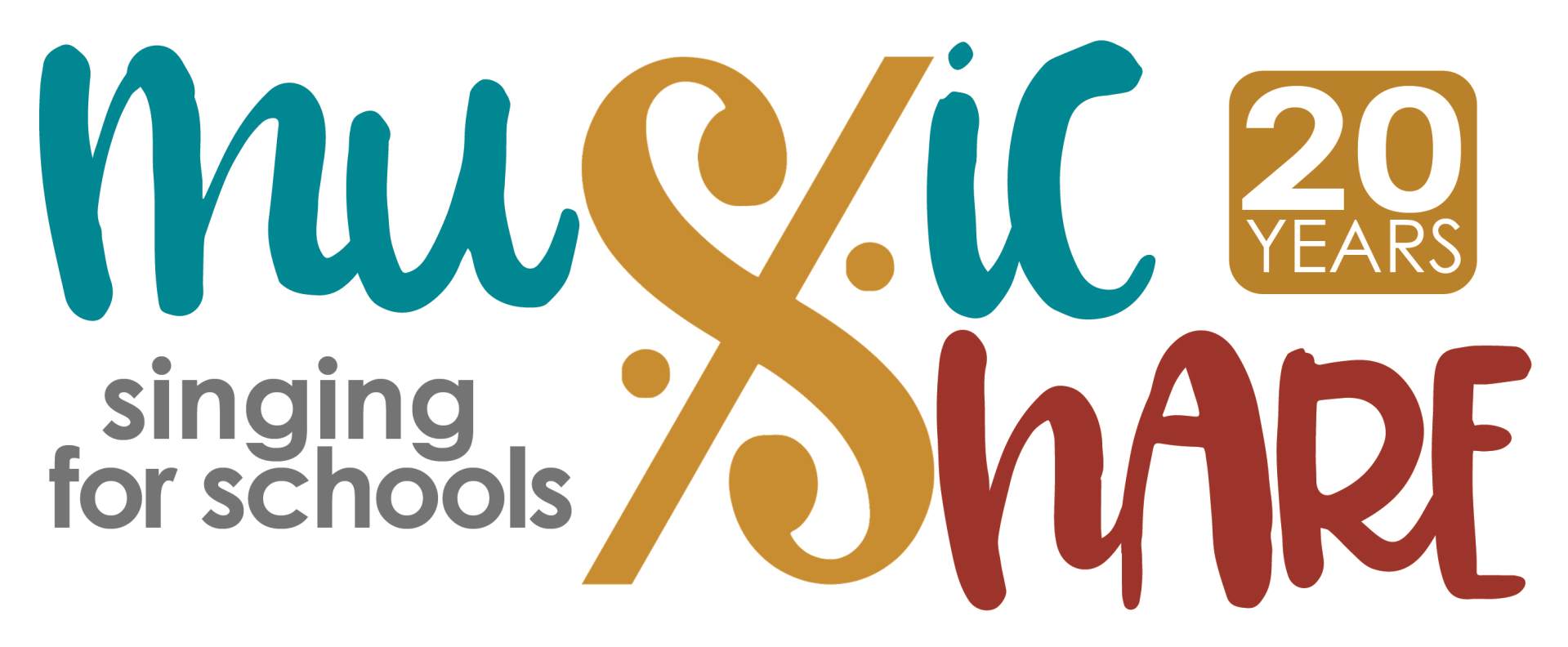Sing a song! Why singing makes you happier
Welcome back to school and happy new year! There has certainly been a lot of singing over the festive period and with ‘Be a Chorister for a Day’ fast approaching, we’re certainly being true to our musical roots. So in the spirit of embracing one of the school’s founding principles – the love of singing, I would like to bring your attention to a recent article from the Choir Director Magazine which expounds the benefits thus:
‘Any of us who have sung in choirs know all too well the joy it brings not just the audiences, but also the choir members themselves. And why wouldn’t it? When we raise our voices with lots of other gorgeous voices in a big, beautiful space, it feels like we’re altering molecules…how is it possible? Well, according to various scientific reports, we are altering molecules…inside our brains, with different changes occurring whether listening to music, singing, or singing with others …endorphins - hormones produced by the central nervous system - release and interact with opiate receptors in the brain, diminishing pain and triggering an almost analgesic feeling in the body. Our brains get an endorphin rush. Singing (both listening to it and doing it) can also release dopamine, a chemical that works to help regulate the brain’s pleasure and reward centres. Music has also been found to release serotonin, a neurotransmitter found mostly in the digestive tract that helps regulate our moods, social behaviours and appetite; other studies have shown that cortisol levels can be lower when listening to music and singing. In addition, Dr David Huron, a music professor at OSU, postulates that singing may increase prolactin production; prolactin is found both in tears and in nursing mammals, and it helps regulate the immune system.’
On the basis of all of this why wouldn’t we sing? I’ve written before about neuroplasticity and the brain’s amazing ability to effectively ‘rewire’ itself into increasingly positive ways of thinking. The evidence suggests that singing and singing as a choir can further help this process and what’s even better:
‘Other forms of happiness await us via singing as we age. Neuroscientists have shown that musical memories engage broader neural pathways than other types of memories – that’s why hearing an old song can flood one with very specific emotions and visual cues. Additionally, doctors are now finding that singers have more circuit connections between the right and left sides of their brains than non-singers. Memorizing words (left brain function) and music (right brain function) could keep those nerve cells and synapses in excellent working order.’
Finally, let’s just consider the joy we derive from hearing the music that is made. I did not know when I started writing this piece that I would be sitting listening to Cantorum rehearsing downstairs in the chapel – how perfect! So, don’t forget to sign-up interested pupils for ‘Be a Chorister for a Day’ and how about joining a choir yourself?
Inservi Deo et laetare














